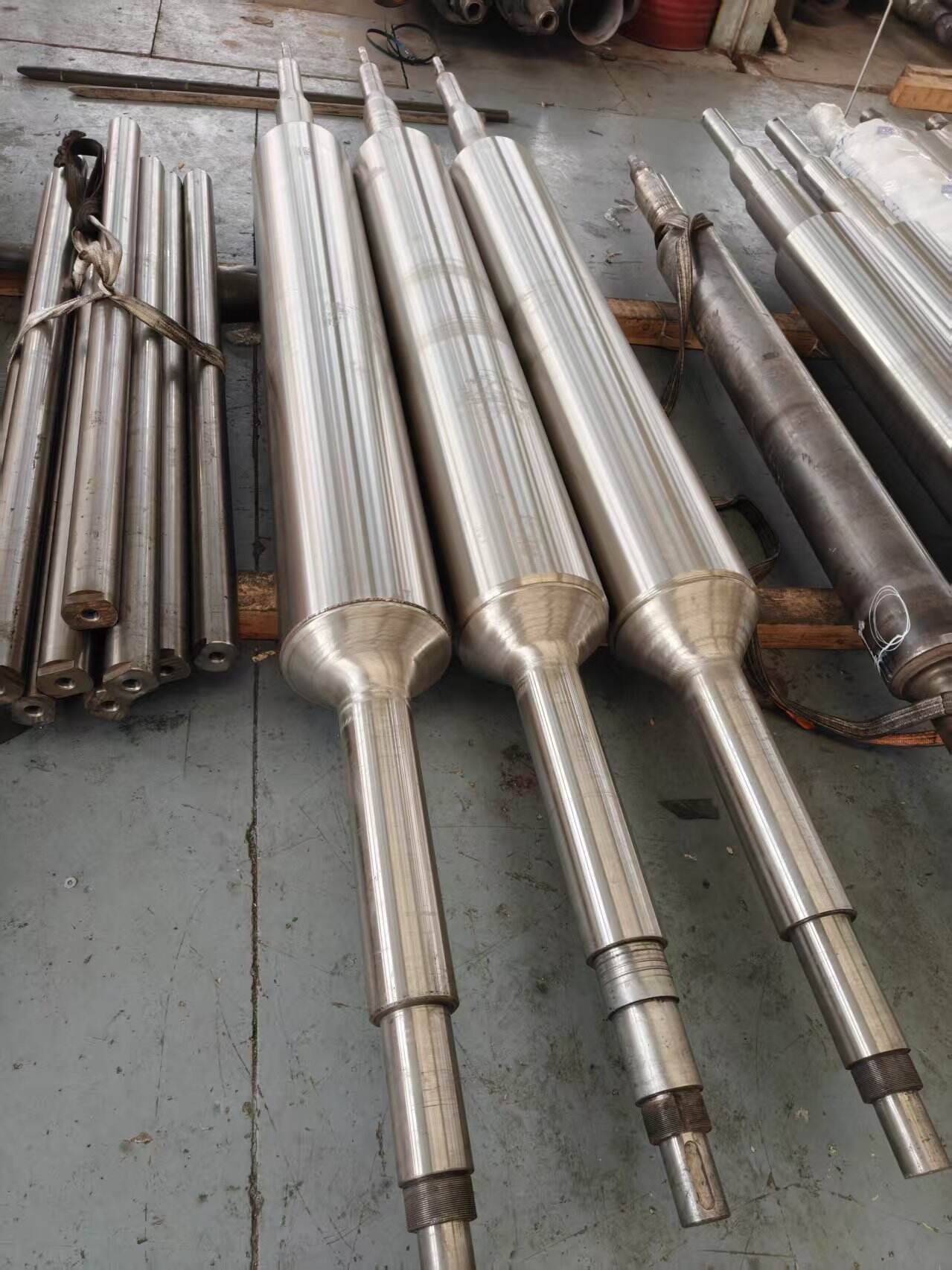sand casting services
Sand casting services represent a fundamental manufacturing process that has been refined over centuries to meet modern industrial demands. This versatile method involves creating metal parts by pouring molten metal into a sand mold cavity. The process begins with creating a pattern of the desired part, typically made from wood, metal, or plastic. This pattern is then packed with specially prepared sand mixed with binding agents to create a mold. The sand mixture is precisely formulated to maintain shape while allowing for proper ventilation during the casting process. Once the mold is prepared, molten metal is carefully poured into the cavity. After cooling and solidification, the sand mold is broken away to reveal the final cast part. This process is particularly valuable for producing complex geometries and large components that would be difficult or cost-prohibitive to manufacture using other methods. Sand casting services can work with various metals, including iron, steel, aluminum, bronze, and brass, making it suitable for diverse applications across automotive, construction, machinery, and artistic industries. The technology accommodates both small prototype runs and high-volume production, offering scalability to meet varying customer needs.
